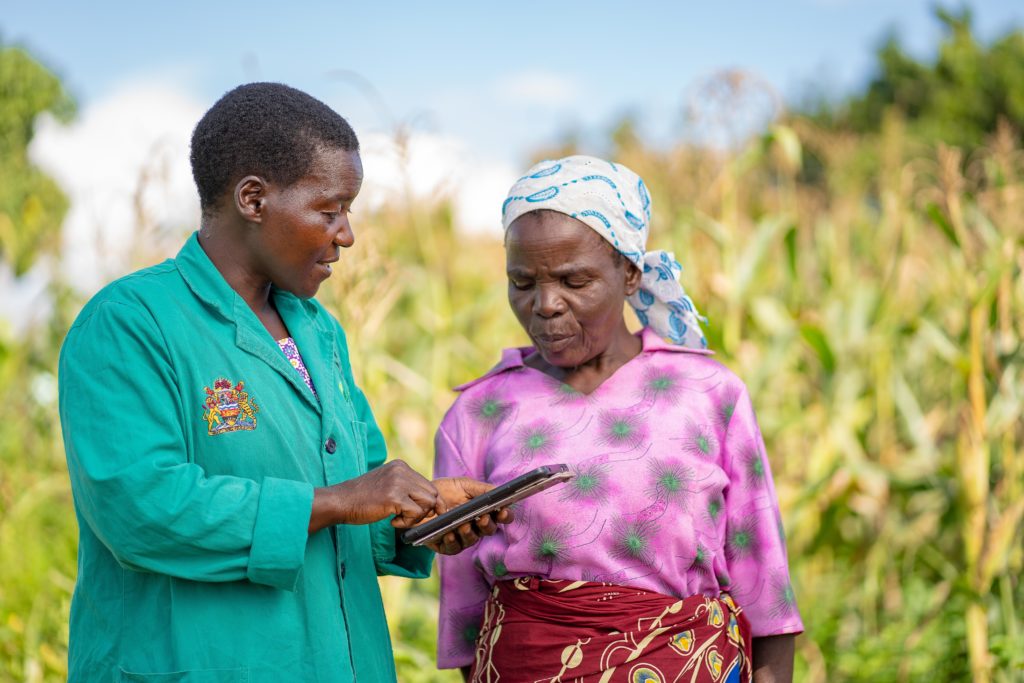Try the PlantwisePlus Factsheet Library app to get crop protection information offline
PlantwisePlus has collaborated with in-country experts to write practical crop protection information, aimed at plant doctors, extension workers and farmers. For quick, free and easy access to this information wherever you are, download the PlantwisePlus Factsheet Library app and get offline access on your mobile device. The app is available for free on Android and…
Workshop reviews progress of Taita Taveta Plant Doctor Network in Kenya
CABI has held a workshop to assess the progress of the Taita Taveta Plant Doctor Network in Kenya – launched to help smallholder farmers grow more and lose less to potentially devastating crop pests and diseases.
Changing behaviour around pesticide use can make farming safer – here’s how
Chemical pesticides can be an important part of a pest management strategy, helping to prevent food losses and waste. Synthetic fungicides, herbicides and insecticides can effectively control pest threats, and this is beneficial for food production. However, pesticides have a downside. They pose a health risk to consumers, farmers, animals and the environment. These risks…
Types of biological control: augmentative, conservation and classical
Biological control, also called biocontrol or bioprotection, is a method of pest control using other organisms, natural enemies, pathogens, semiochemicals and natural substances. Unlike some other methods of control in agriculture, bioprotection often has little to no side effects.










